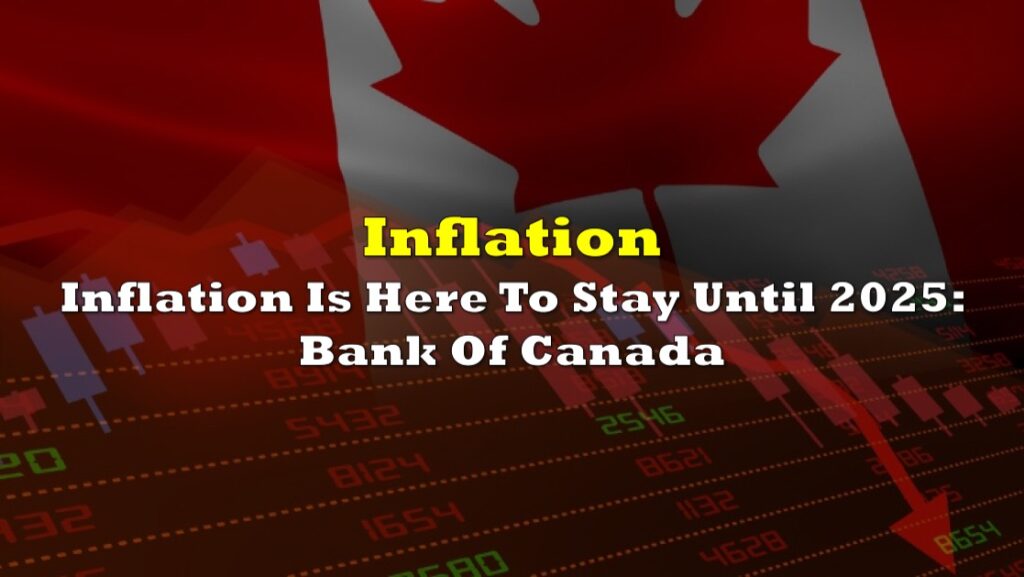A recent study by researchers from the Bank of Canada and Rice University has revealed mixed results from a Quebec law aimed at reducing credit card debt. The law, which took effect in August 2019, required credit card issuers to raise minimum payment requirements on existing cards from as low as $10 to at least 2% of the statement balance.
While the policy succeeded in reducing revolving debt, it led to unexpected consequences. Six months after implementation, credit card delinquency rates in Quebec rose by approximately 10% compared to pre-policy levels, particularly among cardholders who historically carried balances.
The study, using a difference-in-differences methodology comparing Quebec to Ontario, found that the average minimum payment increased by $23 in the first month, accumulating to a $152 increase over the first seven statements. This resulted in a 3.4% decline in revolving debt after six months.
However, the law also impacted credit access. For new credit cards opened after August 2019, the minimum payment requirement was set at 5%. This led to a reduction in new credit card issuances in Quebec compared to Ontario. Cards that were issued had lower credit limits, suggesting that lenders tightened their approval criteria in response to the policy.
Interestingly, the researchers observed that some lenders attempted to circumvent the stricter requirements for new cards by aggressively marketing to existing customers just before the law took effect. This resulted in a temporary surge of new card openings with more favorable terms in July 2019.
Information for this story was found via the sources and companies mentioned. The author has no securities or affiliations related to the organizations discussed. Not a recommendation to buy or sell. Always do additional research and consult a professional before purchasing a security. The author holds no licenses.









